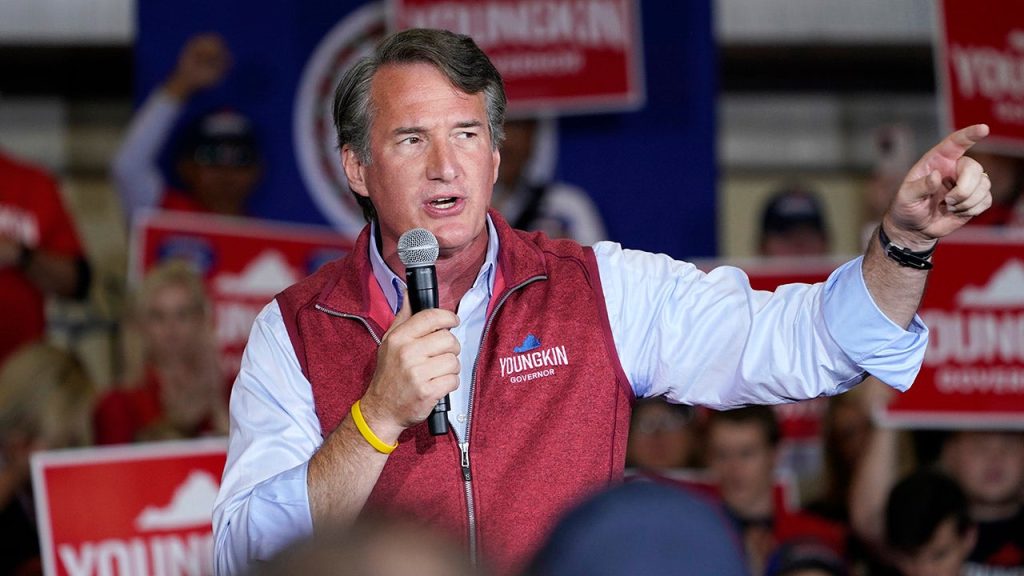Virginia Gov. Glenn Youngkin recently raised concerns about the Pentagon’s plan to use $104 million in taxpayer funds to install solar panels on the rooftop of the Pentagon and other military installations. In a letter to Defense Secretary Lloyd Austin, Youngkin expressed “serious concerns” about the lack of a requirement that the panels be made in America using American technology. He highlighted the potential risk of using American taxpayer dollars to purchase solar equipment from Chinese companies, who are major players in the global solar supply chain and have been linked to the use of forced labor.
The Defense Department announced the plan in January as part of the Biden administration’s push for clean energy and sustainability leadership. The $104 million in Energy Department grants will be used for projects at 31 government sites, including the Pentagon and the U.S. Army Garrison in Germany. However, Youngkin emphasized the importance of ensuring that military procurements for solar panels come from verified domestic manufacturers with trusted supply chains. He also pointed out that Chinese solar panels have a higher carbon footprint and are often linked to forced labor, raising questions about the prioritization of this investment and its national security implications.
Youngkin’s letter urged Secretary Austin to ensure that any hardware installed on the roof of the Pentagon is manufactured in the United States and that component materials are domestically sourced. The governor questioned the wisdom of the Pentagon’s decision to proceed with the plan, emphasizing the need for American-made solar panels to safeguard national security and avoid supporting Chinese companies with questionable labor practices. The Pentagon did not immediately respond to a request for comment on Youngkin’s concerns and the implications of the solar panel installation project.
The debate over the Pentagon’s plan to install solar panels highlights broader issues related to the sourcing of clean energy technology and its impact on national security. Youngkin’s letter underscores the potential risks of relying on Chinese companies for critical infrastructure projects, particularly in the defense sector. The Biden administration’s push for clean energy and sustainability leadership faces scrutiny over the decision to use taxpayer funds for solar panel installations without clear requirements for domestic manufacturing and supply chain transparency.
As the Pentagon and other government sites move forward with the plan to add solar panels, questions remain about the implications for U.S. national security and the need for greater oversight of clean energy procurement processes. Youngkin’s intervention in raising concerns about the lack of safeguards in the project reflects broader debates about the balance between clean energy goals and ensuring domestic manufacturing and supply chain security. The outcome of this debate will have implications for future clean energy projects and the approach to sourcing critical infrastructure components in the defense sector and beyond.


